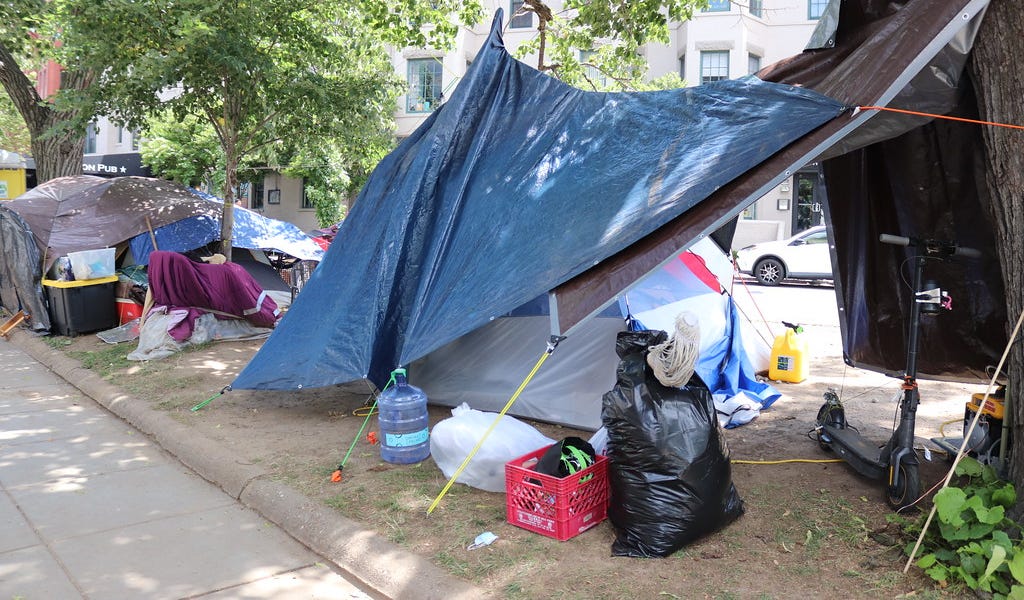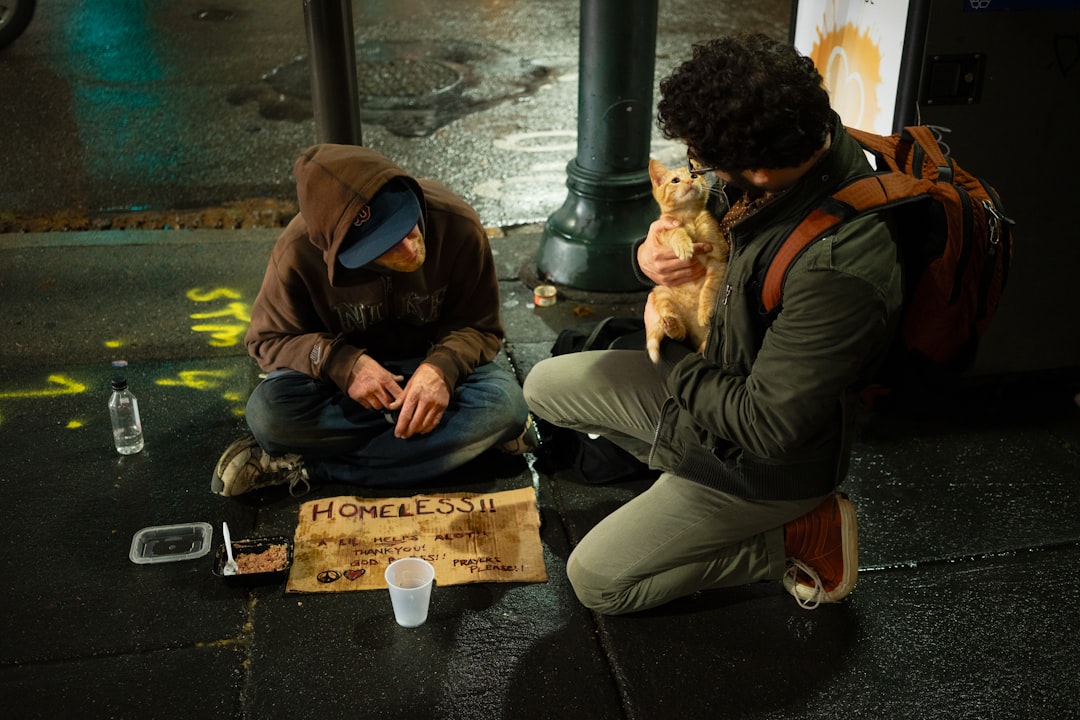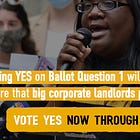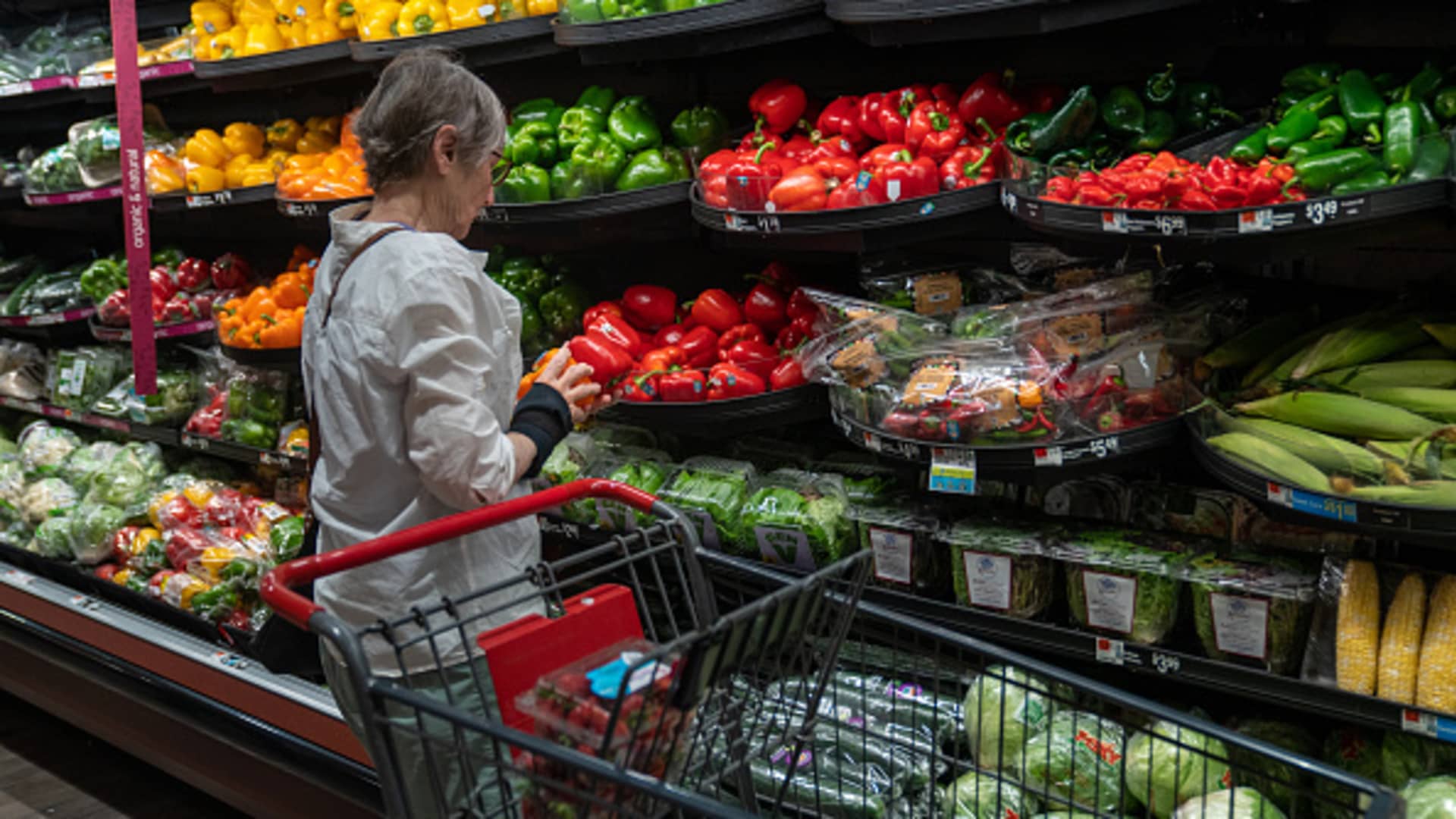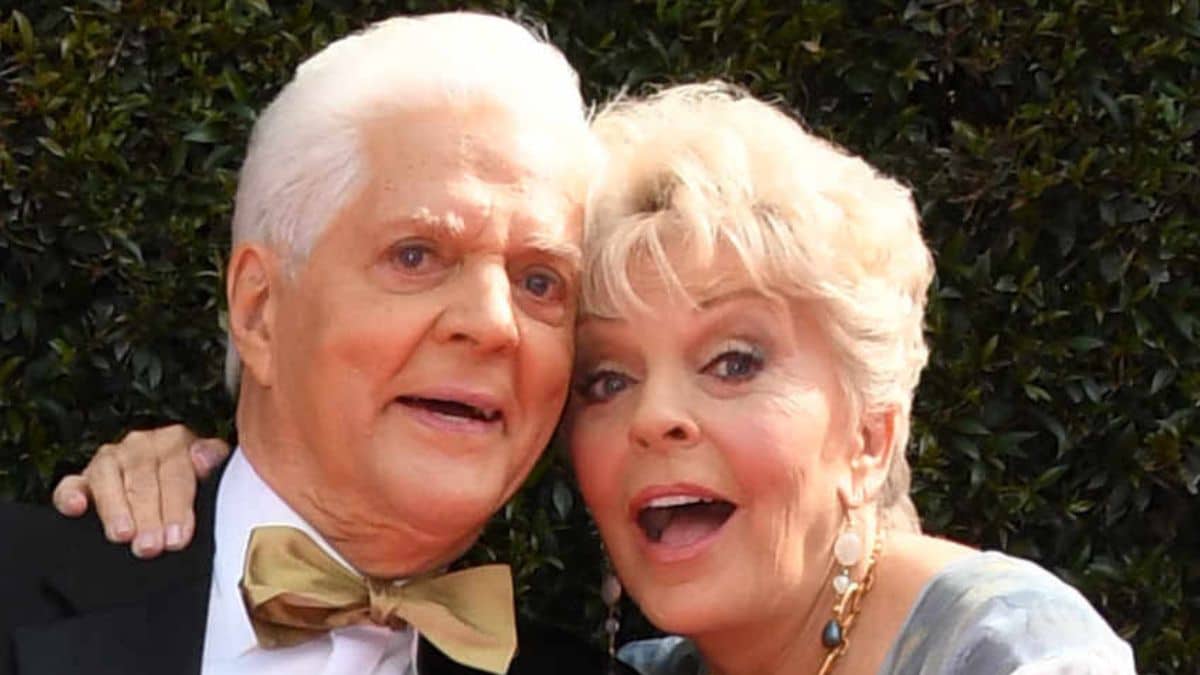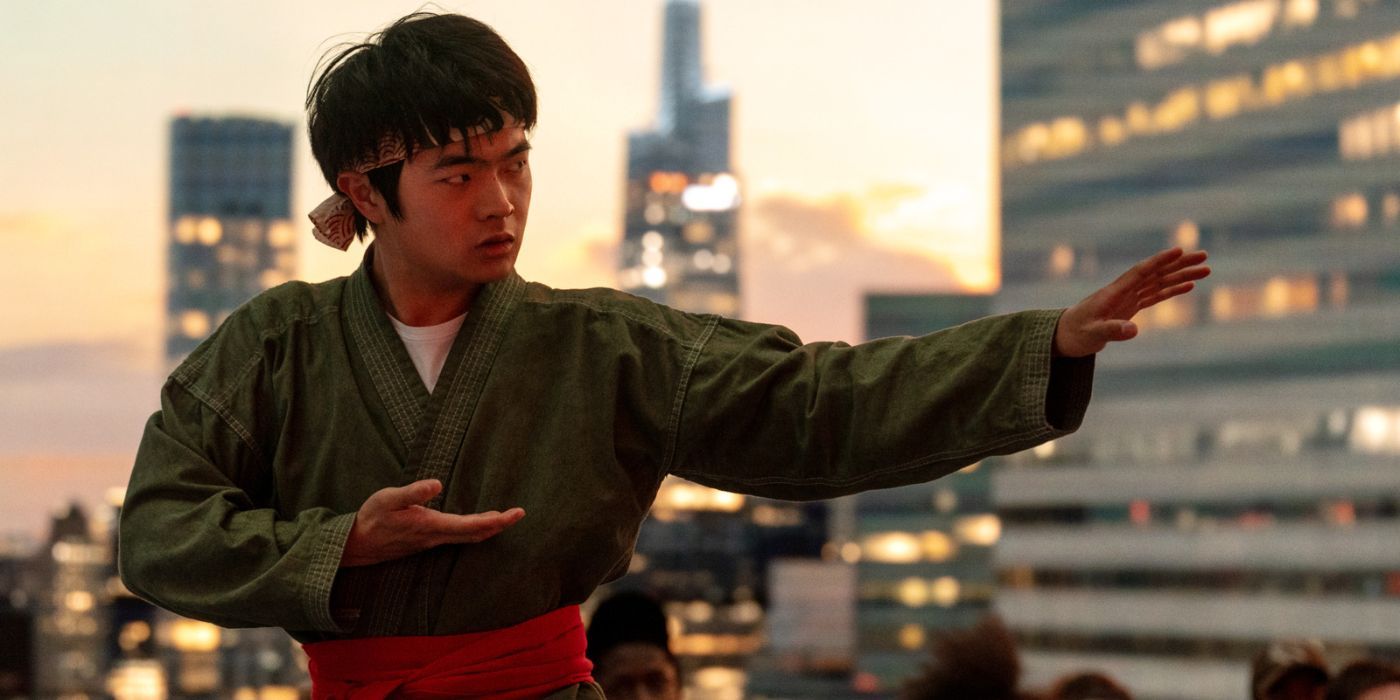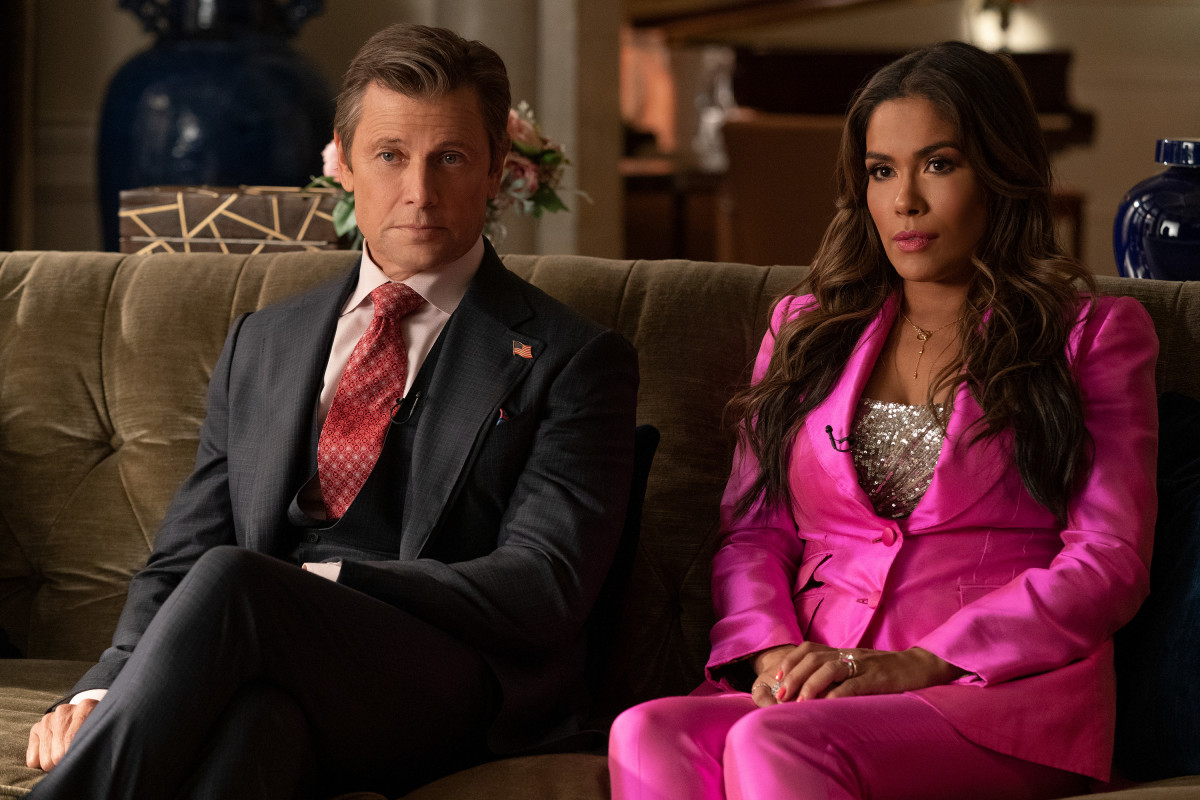Today, the Supreme Court is hearing a case that will more or less determine whether or not we just go ahead and throw all of the unhoused people in prison.
Over the past few years, thanks to increasingly high rents and a lot of fallout from the COVID crisis, homelessness has shot up by 12 percent— the highest it’s been since we started keeping track in 2007. At least 653,000 people in the United States are currently unhoused. That is about 70,000 more people than there are in the entire state of Wyoming.
You’d think we’d be having more conversations about how to help those people, about what can be done to get them into housing — and there’s been some of that — but we’ve been hearing a whole lot more about how annoying it is for housed people to see these unhoused encampments and have to walk around people sleeping in tents on the sidewalk. America!
The specific case SCOTUS is hearing today is Grants Pass v. Johnson. The town of Grants Pass, Oregon, attempted to deal with its unhoused population through civil and criminal penalties. For instance, they fined people $295 for “camping” or sleeping on public property and in parks. That number may as well be a million for those in that situation.
Now, mind you, there are at the very, very least, 600 unhoused people in Grants Pass (that’s just officially, local service providers say the number is at least double that). There is one shelter in the town, with 138 beds. How, exactly, do they expect this to work? I was never very good at math, but even I can figure out that there is no way for this to work.
Lawyers representing the unhoused argue that the penalties are unconstitutional because the people cannot help that they have nowhere else to go. The San Francisco-based 9th Circuit Court of Appeals agreed with them, but the folks in Grants Pass are determined to make this happen.
Should they win, it will be legal to criminalize homelessness. It will be legal to throw people in prison for being poor. Reportedly, the court is divided.
Via Washington Post:
Throughout the more than two-hour argument, the court’s three liberal justices were most skeptical of laws passed by the city of Grants Pass that they suggested criminalize the most basic of human needs.
Justice Elena Kagan told the city’s attorney that its laws go well beyond the need to clear encampments from public spaces. “Sleeping is a biological necessity,” Kagan said. “Sleeping in public is kind of like breathing in public.”
Justice Sonia Sotomayor asked where people are supposed to sleep in a city that lacks sufficient shelter beds.
But several conservative justices, who make up a majority of the court, suggested that policymakers, and not judges, should be setting local rules for dealing with homeless people.
Except for when it violates their constitutional rights. Because everyone, including the unhoused, has constitutional rights.
That aside, what this comes down to is that we, as a society, want to punish people for a problem that we created. This is a direct consequence of whole lot of people getting exactly what they wanted, policy-wise. They got low taxes for the rich and for corporations, they got a broken social safety net, they got employers who can pay people less than they need to survive and landlords who can charge absolutely obscene rent if they feel like it. They even got to wear tiny flag pins during some super fun patriotic wars that scrambled people’s brains! This is what even a little bit of laissez-faire capitalism looks like, and in case you were not aware, it is still not enough for a lot of people.
We failed. We are going to keep failing, because we are a society that looks at people living in tents and says “How dare they inconvenience us by making us look at them!” instead of “How do we help?” or even “That could be me. But for the grace of Whoever go I.” The fact that people want to “solve” this problem by making things even worse for those who have found themselves in this situation is beyond galling.
What we actually need is more public housing, more jobs and public works programs and, very importantly, safe shelters for people to go to, as well as options for those with mental illness and substance abuse issues. The people running the shelters are doing their best, but a lot of people end up having their things stolen or being assaulted or getting bed bugs or lice and they have actual, valid reasons for why they are scared to go back — which we could learn about simply by talking to people about them.
Many shelters also cannot take people with certain mental illness issues or substance abuse issues because they are simply not equipped to be able to do that while ensuring the safety of everyone there. We have a responsibility not just to provide shelter but to provide clean, safe, warm shelters for them to go to. And not just shelters, homes. Places where people can live and have locked doors and privacy, where they can learn skills that will make them employable (and addresses they can give employers or use to obtain identification), where they can get psychological help and rehabilitation for substance abuse issues.
This is not just to be kind. Truthfully, it is the only way we are going to get the results that everyone wants. If you throw people in prison for being unhoused, what is going to happen when they get out? What will they do then? And where are we putting them in these prisons, anyway? Our prisons our overcrowded as it is, with 1.2 million incarcerated. How are we going to increase that by half? It is logistically ridiculous and, frankly, physically impossible.
It would be lovely if once, just once, we could all calm the hell down and come up with solutions that are actually solutions, that would actually help people, instead of just throwing our hands up and saying “Well, I guess we have to just go with the cruelest thing we can imagine doing! Surely there is no other option!”
PREVIOUSLY:












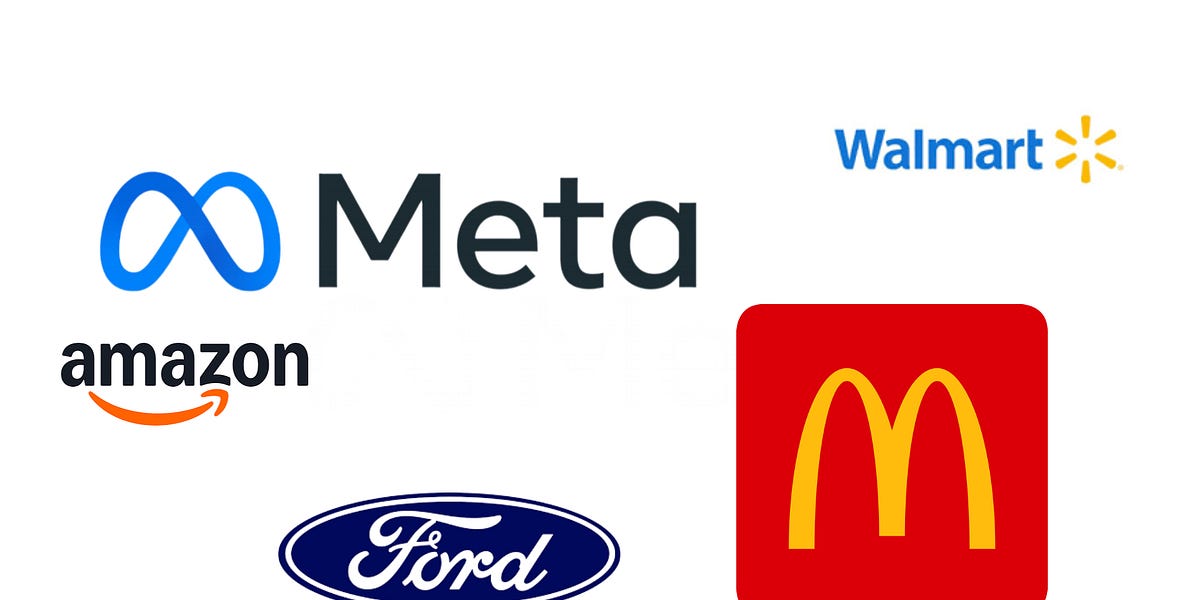





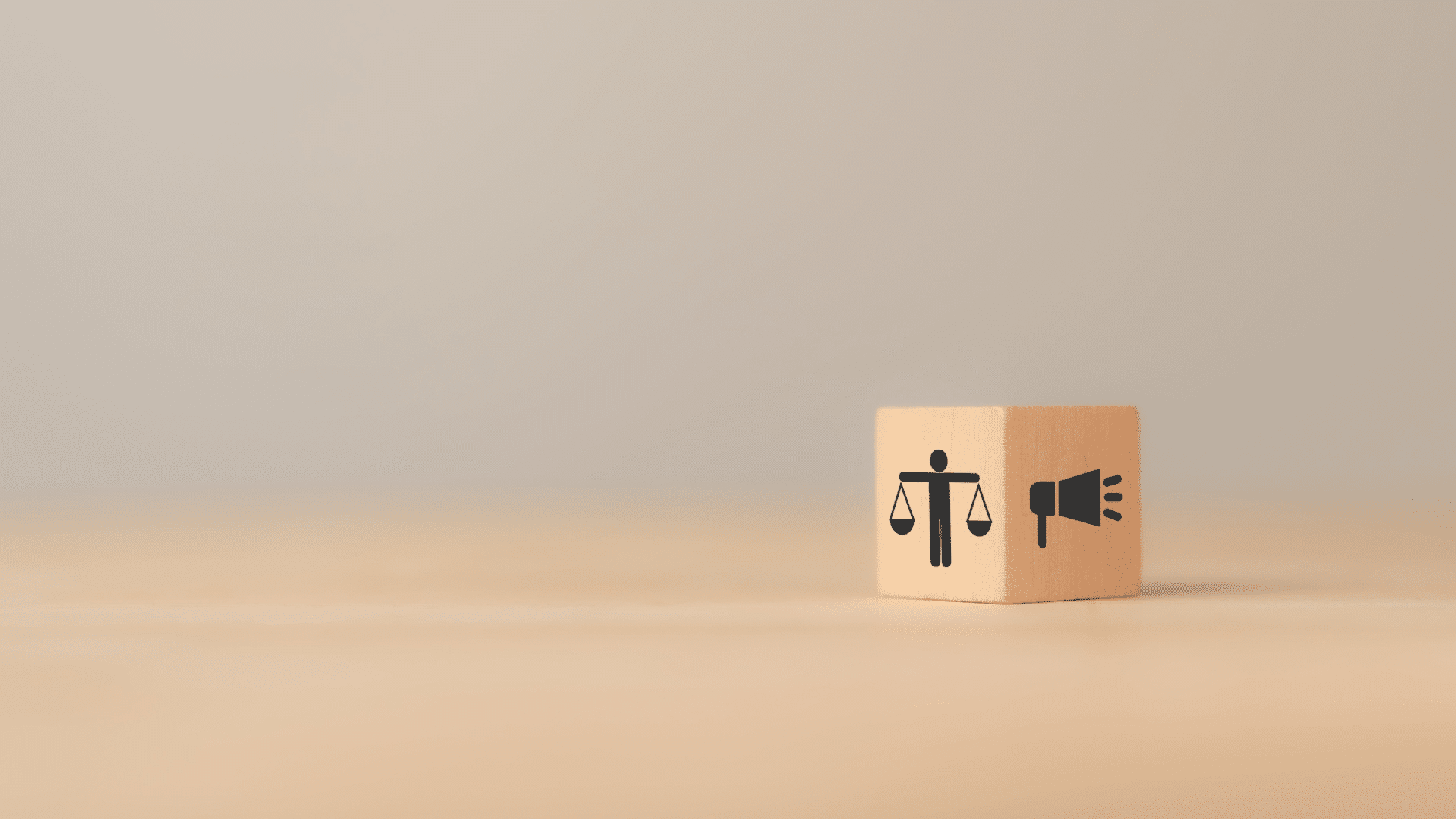





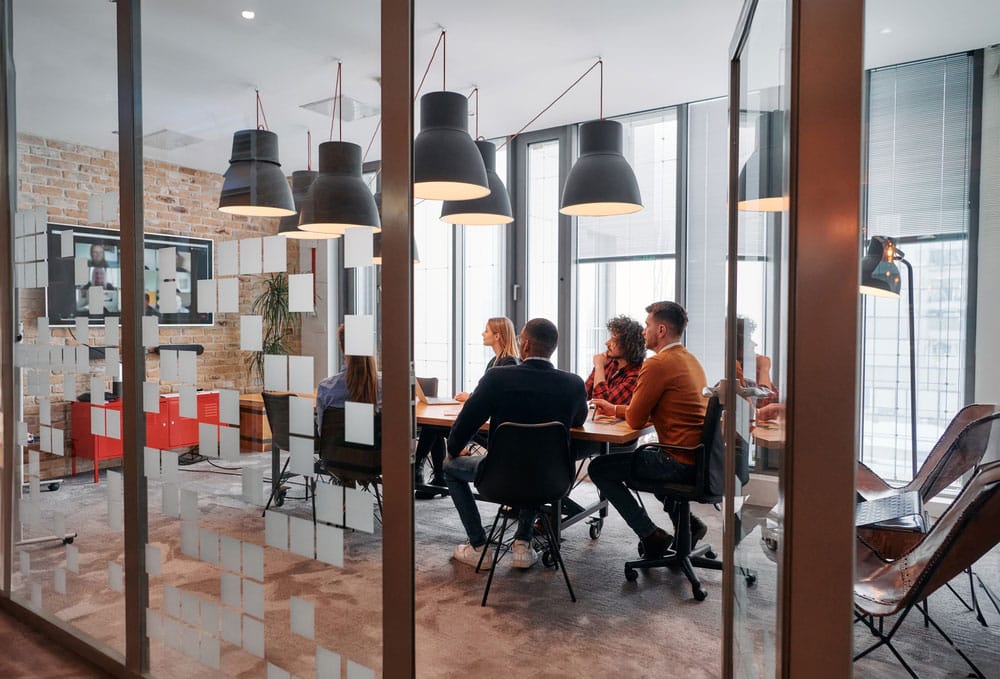























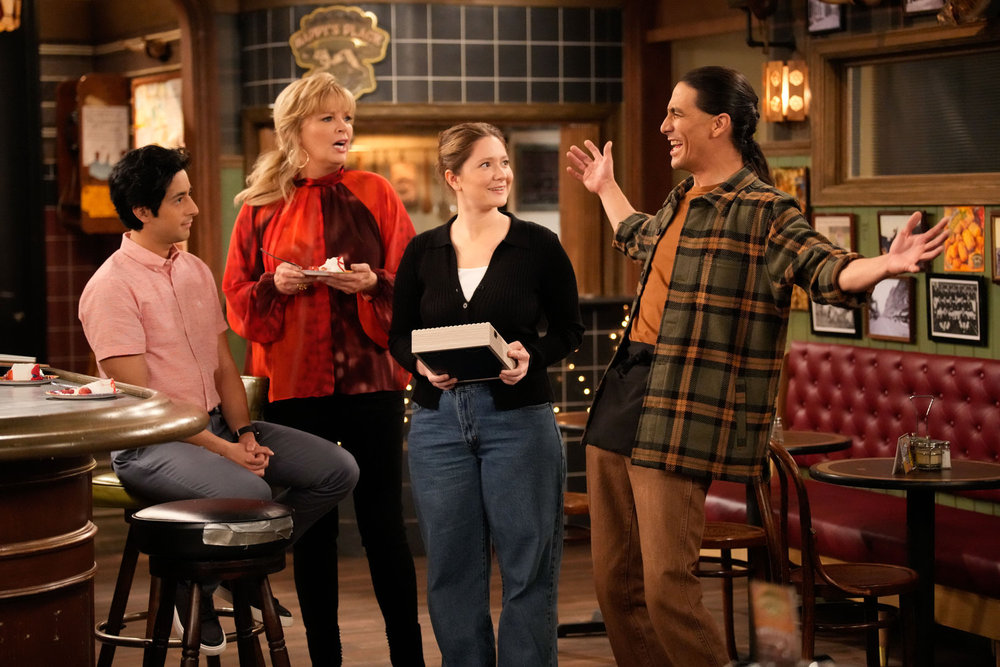






![5 Ways to Improve Your LinkedIn Marketing Efforts in 2025 [Infographic] 5 Ways to Improve Your LinkedIn Marketing Efforts in 2025 [Infographic]](https://imgproxy.divecdn.com/Hv-m77iIkXSAtB3IEwA3XAuouMwkZApIeDGDnLy5Yhs/g:ce/rs:fit:770:435/Z3M6Ly9kaXZlc2l0ZS1zdG9yYWdlL2RpdmVpbWFnZS9saW5rZWRpbl9zdHJhdGVneV9pbmZvMi5wbmc=.webp)





